New Delhi: Union Minister for Agriculture & Farmers Welfare and Rural Development, Shivraj Singh Chouhan, on 30 September, announced the creation of a dedicated research team within the Indian Council of Agricultural Research (ICAR) to focus exclusively on sugarcane research and policy.
The announcement was made during a national discussion on the sugarcane economy, jointly organised by Rural Voice, the National Federation of Cooperative Sugar Factories and ICAR.
Chouhan underlined the urgency of tackling challenges in sugarcane farming, particularly disease management. He noted that while sugarcane variety 238 has shown high sugar content, it is highly vulnerable to red rot disease.
Chouhan emphasised the importance of developing alternative varieties and controlling crop diseases, warning that new varieties often introduce new risks. He also highlighted the limitations of mono-cropping, pointing to nutrient depletion and restricted nitrogen fixation, and suggested that intercropping could be a sustainable alternative if carefully assessed.
Focusing on farm-level economics, Chouhan urged greater adoption of mechanisation to reduce costs and improve sugar recovery. He highlighted the pressing issue of water scarcity, stressing the need for water-efficient practices under the principle of “per drop, more crop”.
While advocating drip irrigation, he acknowledged its high financial burden on farmers. Chouhan also encouraged the development of new bio-products beyond ethanol and molasses, along with natural farming practices to cut fertiliser use.
He addressed concerns in the sugar value chain, admitting that delayed payments to farmers remain a genuine problem. While mills face their own financial hurdles, he said, farmers suffer most when payments are withheld.
He also pointed to the shortage of agricultural labour, calling for training, capacity building and mechanisation to ease harvesting challenges. “Research must serve farmers as well as the industry. A separate sugarcane research team at ICAR will ensure that the solutions are practical and impactful,” he added.
ICAR Director General and Department of Agricultural Research and Education (DARE) Secretary, Dr M.L. Jat, identified four research priorities for the sector: defining research needs, identifying developmental challenges, addressing industry concerns, and suggesting policy measures.
He noted that sugarcane’s heavy demand for water and fertiliser remains a key issue, and that micro-irrigation practices in states like Maharashtra could offer a way forward. He further stressed improving fertiliser efficiency and diversifying crops by integrating pulses and oilseeds with sugarcane to enhance income and sustainability.
Echoing these concerns, Dr Devendra Kumar Yadav, Deputy Director General of Crop Science at ICAR, said that while sugarcane variety 238 was initially welcomed, it inadvertently encouraged monocropping. He explained that the introduction of new varieties requires at least three years of testing for yield, disease and pest resistance, making adoption a gradual process.
He emphasised that analysing yield gaps is essential across crops and assured that the seminar’s recommendations would feed into future policy and research directions.
Dr Rajbir Singh, Deputy Director General of Extension at ICAR, chaired one of the sessions at the seminar, which concluded with a consensus on strengthening research, farmer-oriented policies and industry alignment to secure the long-term sustainability of India’s sugarcane economy.





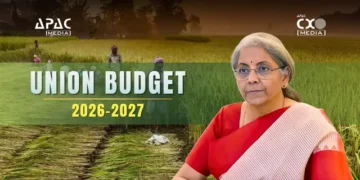



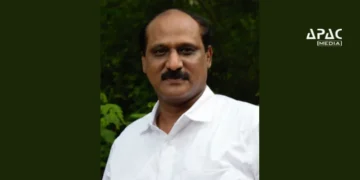
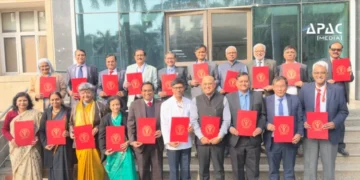














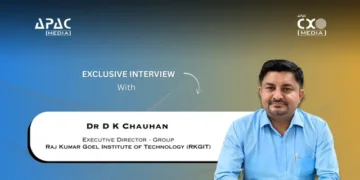

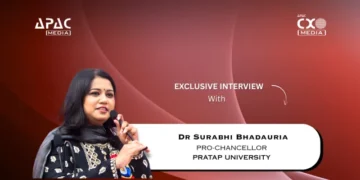
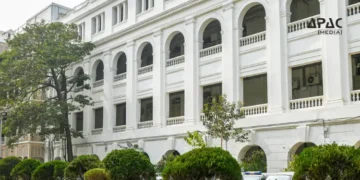










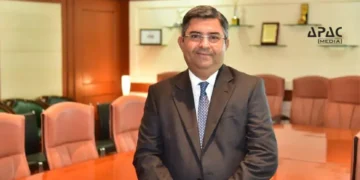







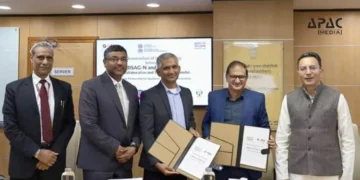



















Discussion about this post